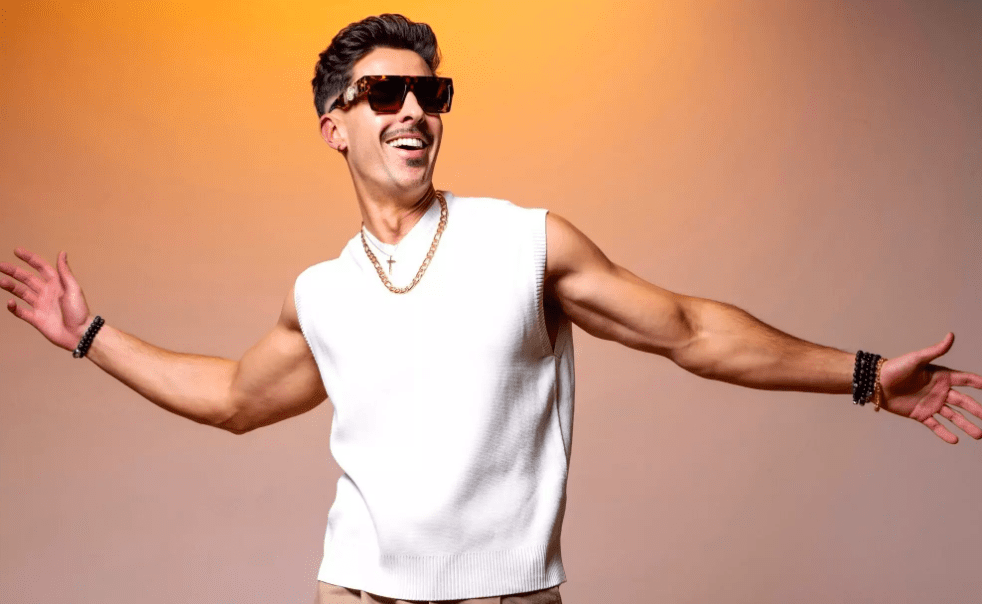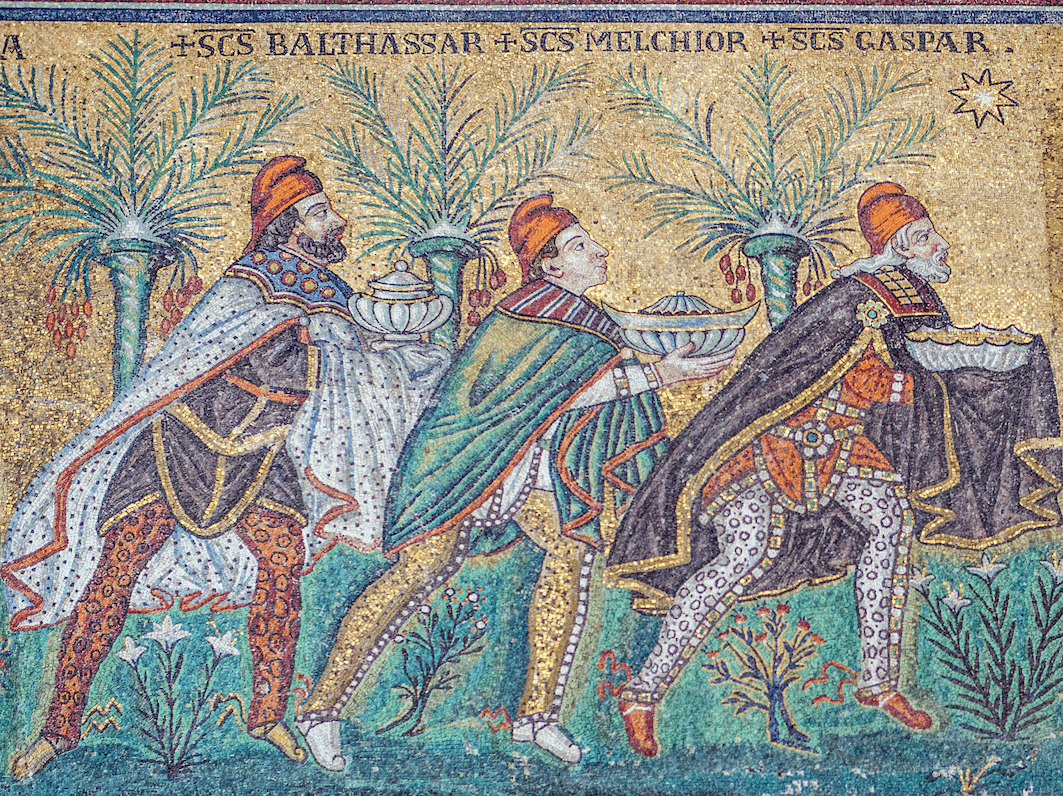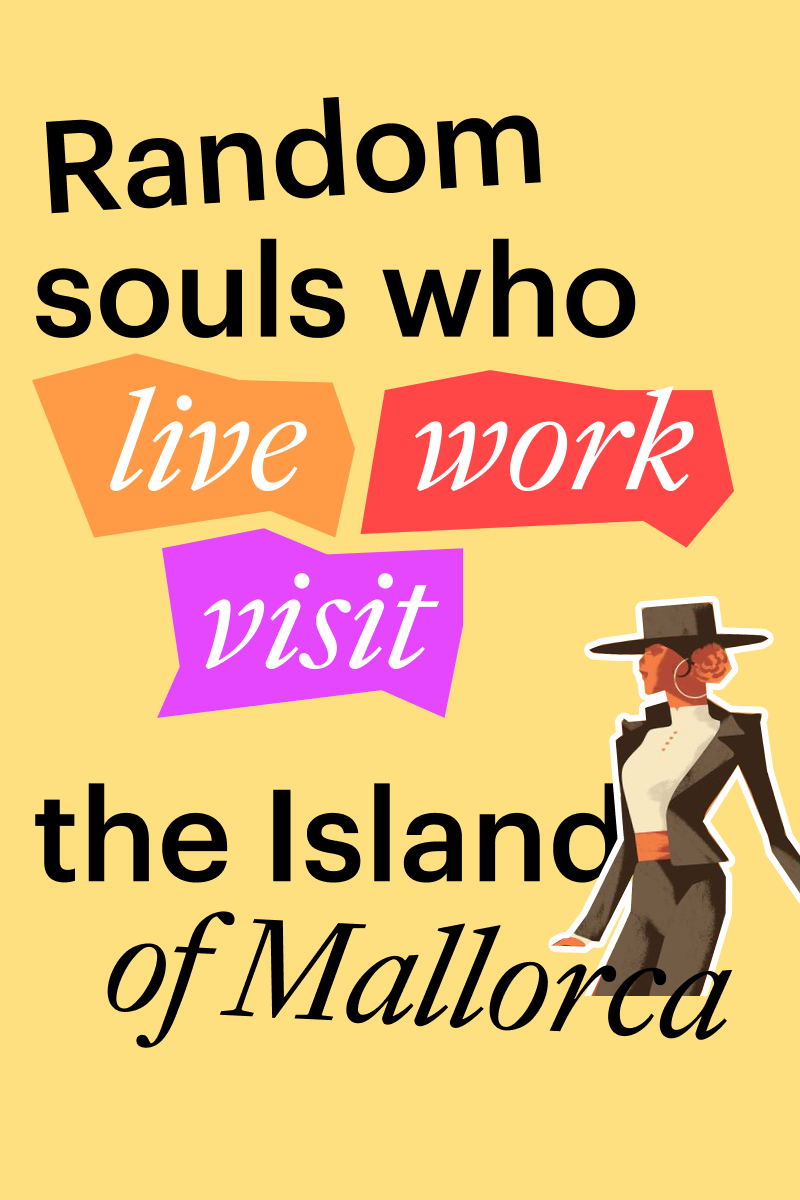Thanks to Maik Marel’s Afrohouse beat, the spirit of one Palma community is breaking through stereotypes and boundaries in this tale of resilience turned into rhythm.
Despite the shimmering twinkle of Palma’s 59 kilometers of Christmas lights, the gritty housing blocks of Son Gotleu remain in the shadows. Built in the late 1960s, their worn facades reflect the struggles of one of Spain’s most underprivileged neighborhoods, where annual incomes average just €5,000. But beyond the peeling walls and tough reputation lies a community bursting with life, culture, and talent. Among its brightest emerging voices is Maik Marel, a singer who’s turning the streets of Son Gotleu into a launchpad for global recognition.
Fresh off the release of his debut single “Hola”, Maik Marel has already racked up over 600,000 streams in under a month. Produced by Warner and featuring Swedish DJ Alex D’Rosso, the track has catapulted Afrohouse — a genre-blending traditional African rhythms with house beats — onto Spain’s music charts. With its infectious energy and vibrant sound, “Hola” is a bold cultural statement, and Marel is the movement’s magnetic new figurehead.
“I never expected this kind of response,” Marel said in a December interview. “When I create, my focus is on making something beautiful, something that spreads joy and good vibes. Numbers? That’s up to the people. These days, we place so much value on numbers, but I’m still the same person I was two months ago.” It’s a grounded perspective that reflects his roots in Son Gotleu, where resilience is part of daily life.
Marel’s connection to music started early. Growing up in Son Gotleu, he was surrounded by a kaleidoscope of cultures and influences. His grandfather, a military man with a passion for music, played the trumpet and French horn, introducing young Maik to his first melodies. By age 7, his father recognized his talent and got him a Casio keyboard — a spark that eventually led to formal training at the Conservatori de Palma in classical music.
But Marel’s playlist was never limited to the classics. As a teenager, he immersed himself in the romantic ballads of Luis Miguel, Luis Fonsi, and David Bisbal while vibing to the smooth R&B of Bruno Mars, Chris Brown, and Asher Roth. This eclectic mix shaped a sound that’s both deeply personal and globally resonant, reflecting the cultural melting pot of his neighborhood.
Marel credits the streets of Son Gotleu as his biggest influence. Playing football with kids from all over the world, and navigating the vibrant chaos of a diverse community — these experiences gave him the grounding and perspective that now define his music. “They’re memories of a neighborhood where there was always life,” he says. “No matter the time, there was always something fun to do.”
A neighborhood often dismissed by outsiders is now saying “Hola” to the world through Marel’s art. As “Hola” continues to echo across borders, Maik Marel is proving that even from the margins, brilliance can shine. For Son Gotleu, and for the Afrohouse genre, this is just the beginning. Keep your ears open — there’s much more to come.
Text by Sebastian Cerutti








